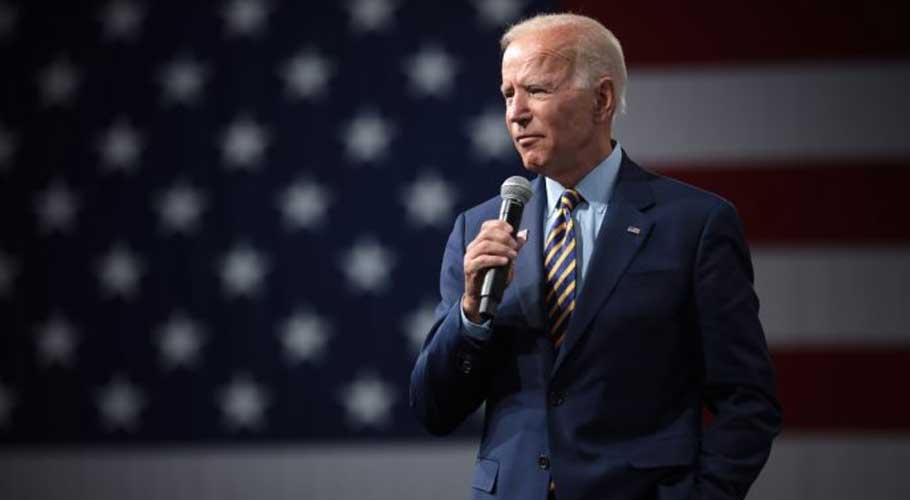Joe Biden was sworn in as the 46th president of the United States, ending the tumultuous four-year term in the White House of Republican Donald Trump.
According to Biden’s election campaign, it’s clear his agenda will focus on the challenges at home. His slogan to “Build Back Better” was centered around handling the COVID-19 pandemic, rebooting the U.S. economy, and tackling systemic racism and economic inequality.
However, the challenges facing the US and the world will not wait. From Latin America to East Africa, nuclear-capable rogue states to revanchist regional powers, the Biden administration is sure to face foreign policy crises. Let’s take an in-depth review of how Biden will take US foreign policy.
First day in office
In his first order after taking the oath of his office, Joe Biden removed the travel ban on some Muslim and African nations placed by his predecessor Donald Trump. He signed 15 executive actions, saying that there was “no time to waste” in issuing the executive orders, memorandums and directives.
The Democratic president signed included a mask mandate on federal property and for federal employees, an order to establish a new White House office coordinating the response to the coronavirus and halting the process of withdrawing from the World Health Organization.
Among a raft of orders addressing immigration, Biden revoked Trump’s emergency declaration that helped fund the construction of a border wall and ended a travel ban on some majority-Muslim countries.
US-EU ‘climate club’
Joe Biden won the election with the most ambitious climate plan ever put forward by a winning candidate. Biden signed a document to begin the process of re-entering the Paris climate accord and issued a sweeping order tackling climate change.
International diplomacy offers a more promising arena for Biden to realise his climate ambition. However, to rally the rest of the world to meet the threat of climate change, the US needs to build alliances.
A likely scenario is closer cooperation with Europe, with talk of a future US-EU ‘climate club’ based on transatlantic carbon pricing and tariffs. The Biden administration will find itself pushing at open doors in Brussels if it proposes such a partnership.
Iran and its nuclear deal
Managing Iran is the most pressing Middle East issue for the Biden administration, because long-standing tensions with Iran, its expanded nuclear activities and ballistic missile programme, and regional activism remains a persistent challenge for the United States.
These issues worsened when President Trump withdrew from the Iran nuclear agreement (JCPOA) and imposed the maximum pressure-based sanctions on Tehran. Now the Biden administration intends to tackle these concerns with a step-by-step process.
Biden has signalled he will pursue a ‘compliance for compliance’ return to the JCPOA, a process considered an urgent step. Iran also holds its presidential elections in June 2021 and, for the outgoing Rouhani administration, securing a quick return to the deal would build back lost economic and political confidence.
The rivals China and Russia
Trump’s hard-line approach to China is expected to continue under Biden, albeit with less bluster and closer coordination with allies. Biden has said he may keep some of Trump’s tariffs in place and expand human rights sanctions, but he’s also expected to take a different tact than Trump’s strong-arm, “America First” strategy that, at times, alienated U.S. allies.
According to the experts, Biden administration would pressure China to stop subsidising coal exports. Meanwhile, the administration will work with China and other countries to ensure a demilitarised North Korea.
While China’s push for territory and influence is a long game, Russian aggression may provoke a more short-term response. With the last nuclear arms pact between the U.S. and Russia set to expire on Feb. 5, Biden will face the immediate challenge of arms control with America’s greatest nuclear competitor.
Biden is expected to take a harder line than Trump, who has backed Putin’s claim that he did not interfere in the 2016 elections, welcomed his decision to expel U.S. diplomats and cast doubt on Russia’s role in the SolarWinds hack.
However, Biden will likely continue many of the Trump administration policies, including sanctions over Russian aggression against Ukraine, in Syria, online and with chemical weapons.



































